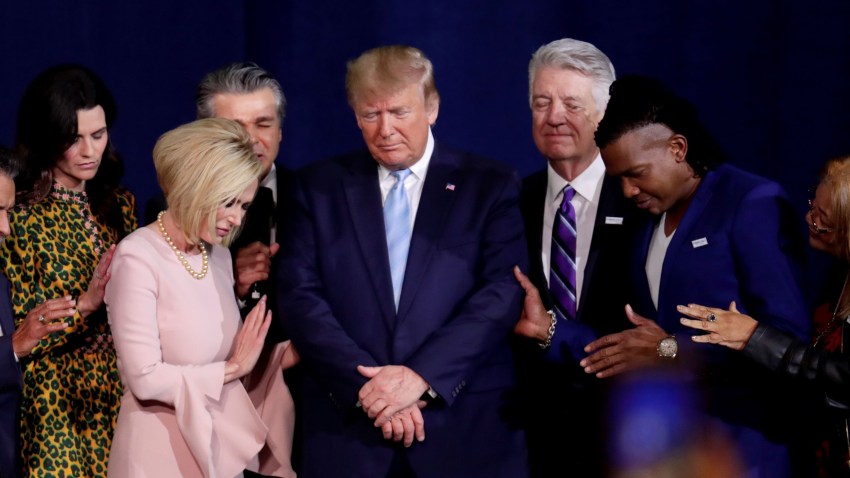In late 2021, lawmakers in Ghana introduced a bill that would impose draconian punishments on members of the LGBTQ community and their allies. The language used in the legislation was striking, covering gender identity, sexuality, family structure and moral values, in addition to any specific acts by the communities targeted. And it broadly reflected the ideology of the World Congress of Families, or WCF, a politically conservative, U.S.-based, evangelical Christian umbrella organization that in 2019 held a conference in Ghana’s capital city, Accra. There, leaders of the WCF, along with Ghanaian evangelicals and other anti-LGBTQ groups, called on participants “to lobby national politicians” to create “new laws to clamp down on LGBTQ+ activities in the country.” The anti-LGBTQ bill emerged just two years later, in large part due to that advocacy, though it has still not been passed.
Though Ghanaian evangelicals were the driving force behind the proposed legislation, the influence of the U.S. Christian right is evident—and Ghana is just one of many countries where conservative Christian activists, in particular evangelical groups, have sought to remake the world in line with their religious beliefs and political ideology. Indeed, evangelical groups have played an increasingly powerful role in world affairs since the 1970s, shaping U.S. foreign relations as well as laws and culture in countries around the world.
At present, U.S. evangelical groups are active on a broad range of global issues, though the main foci of their foreign policy engagement are concentrated in four areas: promoting their conservative moral values on issues related to sexuality, gender and the family—including anti-LGBTQ and anti-abortion activism; advocating for strong U.S.-Israeli relations in line with their prophetic beliefs; seeking to advance religious liberty worldwide; and providing humanitarian assistance. The latter two aspects of their foreign policy agenda are closely related to their global evangelistic efforts.

